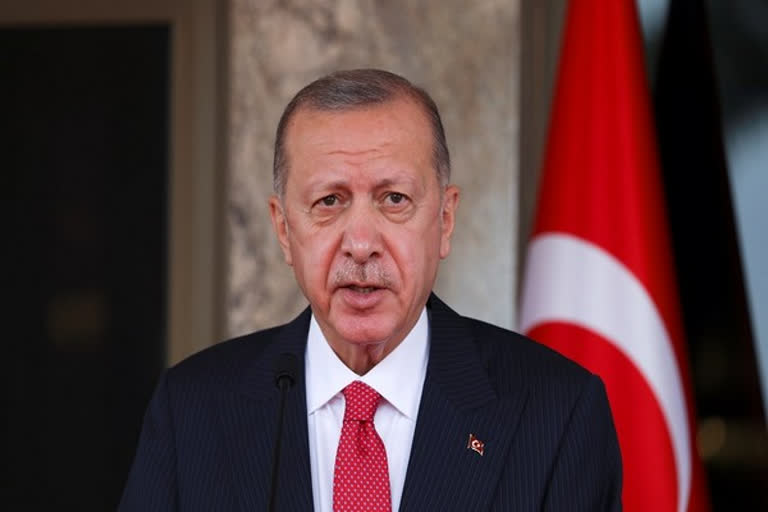Nicosia (Cyprus): Last Tuesday, Turkish President Recep Tayyip Erdogan, in a reversal of his previous policy, declared that his government was working on a project for "the voluntary and honourable return of 1 million Syrian refugees" back to their homeland. Erdogan claimed that some 500,000 Syrians have already returned to the safe regions in Syria. However, the UN put the figure at 130,000.
Turkey is currently hosting the largest number of refugees in the world: about 3.7 million from Syria granted temporary protection status, and over 400,000 refugees and migrants from Afghanistan, Iraq and other countries. With increased intensity and frequency in the past few years, Turkish opposition parties have been complaining that the influx of refugees poses a threat to the structure and culture of Turkish society and demand that they are sent back to their country. For his part, Erdogan had been accusing his opponents of showing "inhumanity" and insensitivity to the drama of refugees.
In one of his frequent reversals of policy and possibly because a series of opinion polls showed that up to 85 per cent of Turkish people have strong objections to Turkey's hosting millions of refugees, Erdogan ordered the building of 57,000 briquette houses in the Idlib area, in Syria, where 50,000 families of Syrian refugees have been moved. In a video message shown at the inauguration ceremony for the new houses in Idlib on May 3, Erdogan said, "We didn't just open our doors to save the lives and the honour of the oppressed, but we made and, are making, every effort for them to return to their homes. We are now working on a new project for the voluntary return of 1 million Syrians." He added that the project was realized in coordination with local and international NGOs and local governments in 13 different regions in Syria.
Kemal Kilicdaroglu, the leader of Turkey's main opposition party CHP, commenting on Erdogan's project said, "Erdogan let go of these stories. Fugitives are still flooding in from the border... We have had enough of your lies." Kilicdaroglu has repeatedly stated that when his party comes to power, it will send Syrian refugees back home. It should be noted that several human rights groups strongly dispute Erdogan's claim of voluntary return of refugees and say that some of them are being returned against their will because they do not go back to their former homes, but to new homes in other districts, under a government, they deeply mistrust and in an impoverished country that offers them no prospects of normal life or security.
In the first years when Syrian refugees stayed in camps, ordinary Turks were showing solidarity with them, but as the refugees settled in Istanbul, the southern provinces and many cities across the country, and as the Turkish economy continued to worsen, the public feeling changed and turned against them, and the opposition parties started calling on the government to send the refugees back to Syria. It is estimated that about 1 million Syrian refugees have found low-paid jobs in the black economy - and because of this they are accused of depriving employment to Turkish workers who usually demand higher wages- and have set up small businesses and separate Arabic -speaking communities.
Social media started to publish fake news about the refugees, showing them living an easy life, while ordinary Turks face huge difficulties to make ends meet, and stirring hatred against the refugees.
